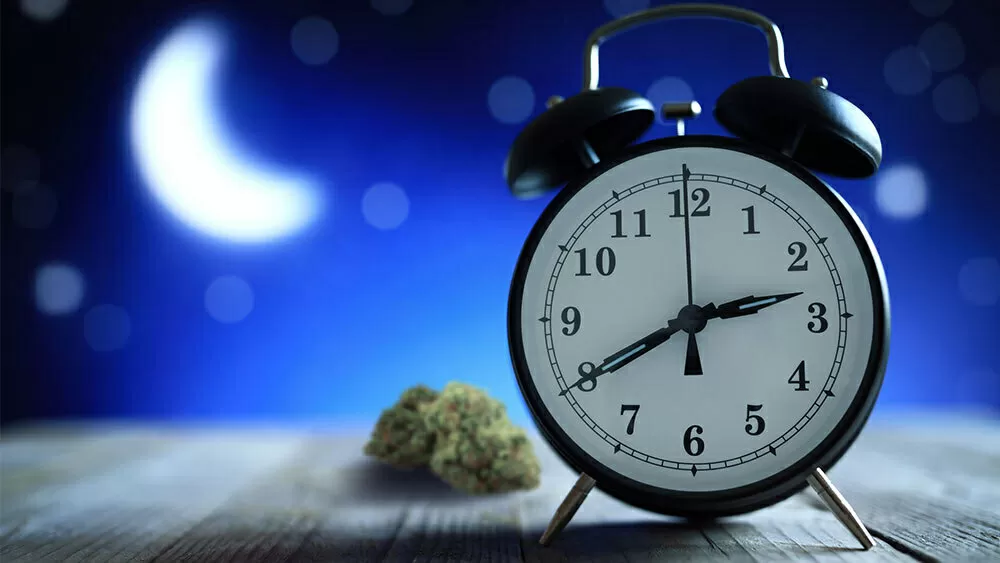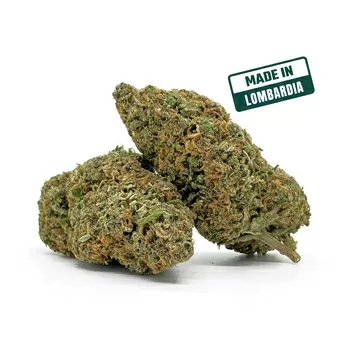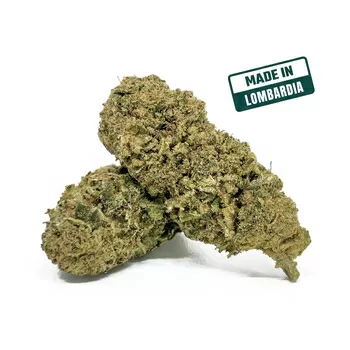Insomnia is a particularly widespread condition: it is estimated that about one third of the population in industrialised countries suffers from it or has experienced the symptoms of sleep disorders at least once in their life. Of these, at least 10% have experienced insomnia problems. In Italy, AIMS, the Italian Association of Sleep Medicine, with the collaboration of General Practitioners, conducted a study on insomnia, called "Project Morpheus", aimed at obtaining as much information as possible about this problem, through the direct experiences of patients who, in order to curb the disorder, turned to their family doctor.
A sample of 3,200 adults was examined, 64% of whom had problems with insomnia: of these, approximately 40% also had daytime symptoms associated with night-time symptoms. Insomnia also seems to affect women more than men, and pensioners and the unemployed more than those who work every day.
The problem is therefore not to be underestimated, since insomnia and sleep disorders do not allow the body to rest sufficiently and in a manner that is suitable for it, leading to widespread and persistent fatigue, general malaise and low productivity and desire to work, which inevitably ends up affecting even the simplest and most basic activities. Fortunately, in addition to pharmacological therapies in the strict sense of the word, there are natural remedies against insomnia that can provide well-being and relaxation, promoting rest and significantly improving the quality of sleep. In this article we will examine the causes of insomnia and discover how to alleviate the disorder effectively and relatively quickly.
CBD: perhaps the most effective natural remedy for insomnia
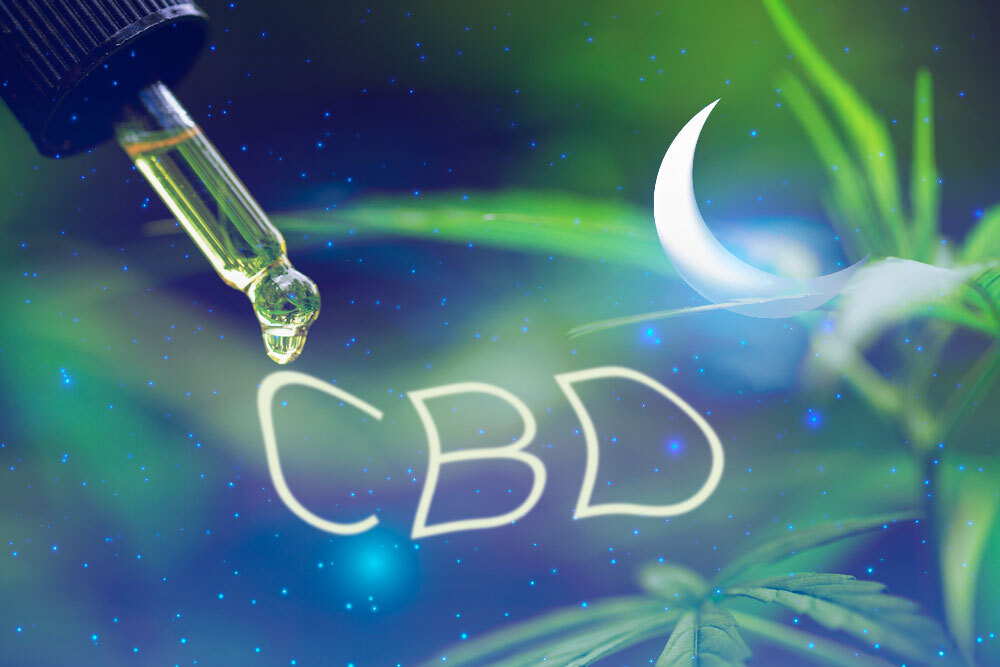
Lack of sleep, which is generally caused by the stress of everyday life and the frenetic pace imposed by society, is a widespread problem today, both among young people and adults.
According to studies presented at the Congress of the European Society of Cardiology, held in summer 2018 in Munich, an adult should invest between 6 and 8 hours a day in sleep: reducing the number of hours of sleep to less than 6 would in fact seem to reduce life expectancy, encouraging serious heart or nervous system diseases, as well as the risk of contracting chronic diseases.
Even in children, as in adolescents, 'little sleep' can have many consequences, affecting cognitive and physical development. Attention lapses, chronic drowsiness or weight loss are among the first obvious symptoms of insomnia: substances such as caffeine, tea or stimulating energy drinks do not compensate for the hours of rest lost, just as taking sedatives or sleeping pills can lead to drowsiness, as can people who do not get enough sleep. Fortunately, there are natural remedies for insomnia that offer well-being and relief, promoting rest and improving sleep quality. These include CBD or cannabidiol, derived from hemp sativa and often taken in the form of CBD oil.
Although there are still few studies on the effects of CBD, research published in Sleep Magazine in 2013 showed that the endocannabinoid system is actively involved in sleep modulation, especially in the REM phase, as it contributes to the production of melatonin.
Another important study was carried out by GW Pharmaceutical in October 2016, a US pharmaceutical company which produces biopharmaceuticals, including the well-known 'Sativex', and which for years has focused on research into the treatment of numerous serious and disabling illnesses through the administration of medical marijuana and cannabis derivatives. The research involved a 16-year-old teenage girl suffering from post-traumatic stress syndrome, which had caused her chronic insomnia. By administering appropriate doses of CBD, via sublingual oil, the patient showed significant improvements. CBD is therefore widely used to treat insomnia by acting directly on the causes of insomnia, such as depression, psychological trauma or severe chronic pain following autoimmune diseases, accidents or surgery.
CBD can therefore be an effective natural remedy for insomnia as well as for all sleep-related disorders. Often incorporated into certain pharmacological preparations, in combination with valerian for example, it helps the body to produce melatonin, which regulates sleep phases and is produced naturally by the pineal gland. CBD supplementation promotes deeper, and therefore more restorative, sleep, as it is able to regulate the circadian rhythm. This has the advantage that it does not induce drowsiness as conventional sleeping pills do, nor does it adversely affect common daily activities.
What is insomnia, what are its symptoms and why is it difficult to diagnose?
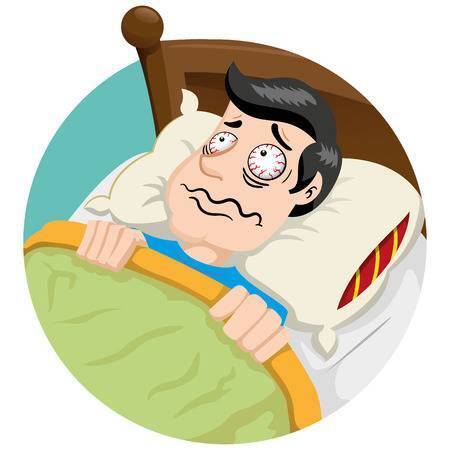
Insomnia is a common problem: although sporadic, it affects at least 50% of the world's population at least once in their lifetime. This term determines a rather complex picture characterised by one or more symptoms ranging from difficulty in getting to sleep, to frequent awakenings during the night, with consequent difficulty falling asleep again and also unsatisfactory sleep quality that is anything but restorative. People affected by sleep disorders also tend to suffer from daytime sleepiness, fatigue, exhaustion, irritability and difficulties with concentration and memory.
Insomnia can be primary, i.e. not related in any way to other pathologies or disorders, or secondary, where sleep disturbances depend on different variables such as pathologies, painful conditions or the taking of particular medications, as well as alcohol abuse, anxiety, depression and stress. In fact, stress is one of the main causes of insomnia: this condition does not allow you to relax, causing considerable difficulty in falling asleep, resulting in a particularly disturbed sleep.
In general, when sleep disturbances tend to affect at least three nights a week, lasting for a month or more, we talk about chronic insomnia. Acute insomnia, on the other hand, tends to last from one night to a few weeks, and in this case the causes can be significant stress factors such as professional problems, loss of work or of a loved one, to mention just a few examples, as well as external and environmental factors such as noise, lights, temperatures that are too high or too low, not to mention possible elements that can interfere with normal sleep, such as jet lag.
It is often difficult to diagnose insomnia, due to the heterogeneity of the triggering factors, but if sleep disturbances tend to persist for excessively long periods of time, it is always advisable to seek the advice of your doctor.
How to tell if you have insomnia

In order to understand whether you suffer from significant insomnia, you should carefully assess whether the following conditions are met:
- The amount of time it takes to fall asleep and the amount of time between waking at night and the next is 30 minutes or more;
- Sleep disturbances tend to occur at a frequency of 3 nights a week or more;
- Insomnia tends to last 6 months or more.
Although insomnia is commonly defined as a sleep disorder, the condition can cause significant repercussions, which generally tend to extend well beyond the sleep period and significantly affect waking hours. Sleep-disordered individuals complain of daytime sleepiness and a worsening of their ability to work and productivity, often with high levels of anxiety and depression.
What are the long-term side effects of insomnia?
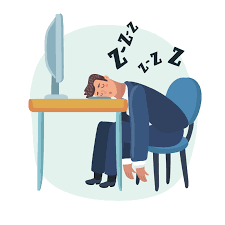
In the long term, insomnia, especially chronic insomnia, can have many consequences, negatively affecting the most common activities of daily life. Sleep disorders lead to asthenia, i.e. persistent and significant fatigue during the day, disturbances in attention, concentration and memory, especially at work, leading to a significant drop in productivity.
This is accompanied by mood disorders, anxiety, irritability and excessive daytime sleepiness, all of which can significantly impair any activity and interfere with interpersonal and social relationships. For this reason, a condition such as insomnia should never be underestimated. On the contrary, it should be promptly brought to the attention of your doctor, or alternatively a specialist, who can determine the most suitable treatment or therapy for the individual.
What are the main treatments for insomnia?
In general, the main treatments for insomnia are pharmacological, especially if the condition appears sporadic or occasional. However, the choice made by the doctor or specialist varies according to the extent of the disorder, with administrations calibrated in relation to the nocturnal manifestations.
Among the most common drugs for insomnia are the so-called benzodiazepines, approved for use as hypnotics/sedatives, such as brotizolam, estazolam, lorazepam, nordazepam, temazepam and triazolam. Such treatments may involve contraindications and side effects such as hypersensitivity, acute respiratory failure and depression and liver failure, as well as the risk of becoming addicted. Treatment must therefore be carried out under close medical supervision and monitoring and preferably for short periods of no more than 2 to 4 weeks.
Otherwise, it is possible to use non-pharmacological therapies that aim to treat the original disorder by acting on its psychological component.
The most accredited therapy to date is the so-called Cognitive-Behavioural Treatment for insomnia, often defined with the acronym CBTi or Cognitive-Behaviour Therapy for insomnia, a psychological intervention that can be individual or group, based on particular techniques that in recent years have revealed significant effectiveness in the treatment of insomnia and sleep disorders. Several studies have shown that Mindfulness, too, can prove decisive in the treatment of insomnia, especially if properly integrated with Cognitive-Behavioural Treatment.
Any psychological therapy is usually focused on psychophysiological models of sleep regulation and on aetiological models of insomnia, acting directly on all the factors that influence the onset and maintenance of insomnia, such as behavioural, physiological and cognitive. These interventions appear useful and necessary when sleep disturbances persist over a long period of time and have a significant impact on the individual's lifestyle.
What are the main natural remedies effective against insomnia?
Before resorting to real pharmacological therapies, nature plays a fundamental role through effective natural remedies against insomnia: officinal plants with strong relaxing properties, able to induce sleep, helping to promote its quality. They are therefore a natural alternative to drugs and sleeping pills, to be taken through oils, infusions, herbal teas or phytotherapeutic preparations. Here are the most common and widely used:
- Lemon balm: thanks to its known and proven sedative and anxiolytic properties, it acts at the level of the central nervous system, offering a hypotensive action on the cardiovascular system. The leaves of the lemon balm plant, rich in essential oil, have a calming effect on anxiety and are also relaxing and soothing to the muscles.
- Linden: has a purely sedative action on the central nervous system, helping to relieve tension, calm irritability and nervousness and reduce any migraines, promoting restful sleep.
- Hawthorn: also has a sedative effect on the nervous system while acting as an antispasmodic. Its hypotensive action on the cardiovascular system is useful in the presence of insomnia, especially in particularly nervous individuals, where it reduces emotionality, relieving tachycardia, agitation, anxiety and palpitations.
- Valerian: with a relaxing action, it reduces the time it takes to fall asleep, improves sleep quality and is indicated for any disorder related to poor rest, anxiety and consequently insomnia.
- Chamomile: widely used because of its well-known relaxing action, it has anxiolytic and antidepressant effects. However, attention must be paid to dosage, as high concentrations can have the opposite effect.
- Passion flower: Its properties are sedative and anxiolytic. These characteristics help to make this plant particularly effective against insomnia as it stimulates physiological sleep, depriving it of unpleasant nocturnal awakenings.
Another natural solution for reducing insomnia is to use essential oils based on calming plants: these can be added to room diffusers or taken orally if recommended by your phytotherapist. The most common essential oils are lavender, jasmine, marjoram and rose.
In general, medicinal plants are widely used in the form of herbal teas or infusions: a natural alternative to combat insomnia is represented not only by CBD oil, taken orally or vaporized using special devices such as weed vaporizers, before going to bed in such a way as to conciliate rest and well-being, but also and above all by marijuana herbal teas, which can promote relaxation, incisively improving the quality of sleep.
Some tips for better sleep

Sleeping better, avoiding insomnia and sleep disturbances caused by possible "interference", is possible: it is sufficient to follow a few small measures to promote rest, making the quality of sleep optimal. Here are some useful tips:
- It is important to set up a sort of "bedtime ritual" that promotes relaxation, such as drinking a glass of warm milk or herbal tea, or reading a few pages of a book before going to bed.
- It is undoubtedly useful to try to go to bed and wake up at the same time every day, even if the quality of sleep is not optimal.
- It is also important to get up when you can't sleep: in this case it can be useful to do something pleasant and relaxing and then go to bed again as soon as sleep begins to make itself felt.
- It is better not to do physical activity after dinner, because if it is done four hours before going to sleep it tends to disturb sleep: the same applies to particularly complex and demanding intellectual activities.
- It is important to avoid catching up on lost sleep through afternoon "naps": this would enter a deleterious loop in order to avoid insomnia.
- At the same time, it is certainly useful to avoid using the bedroom for daytime activities such as eating or working on the computer.
- A good practice for better sleep is also to avoid drinks such as coffee, tea and hot chocolate with an excitatory effect, from four o'clock in the afternoon onwards, as these, like spirits, can impair sleep.
- It would be healthy to avoid smoking, as nicotine is a stimulating substance.
- In order to sleep better, it would also be advisable to avoid falling asleep in front of the television in the evening.
- Last, but certainly not least, it can help you sleep better if you keep a cool temperature in your bedroom, preferably in a dark and quiet environment.
Where to buy CBD products online
CBD products are generally easy to find online. CBDMania, a reliable and safe online weed shop, offers a wide range of cannabis and legal marijuana derivatives at competitive and affordable prices. From CBD oils to CBD capsules and crystals, there is a wide range of products that can be used to fight insomnia in a natural and risk-free way as an alternative to conventional medications. However, we always recommend consulting your doctor in order to accurately determine the optimal CBD dosage.
 Italiano
Italiano Español
Español English
English Français
Français Deutsch
Deutsch